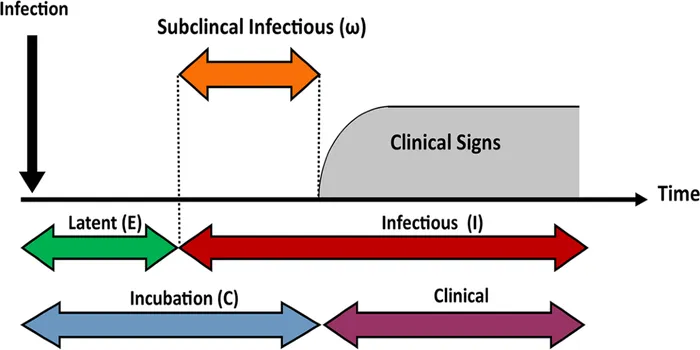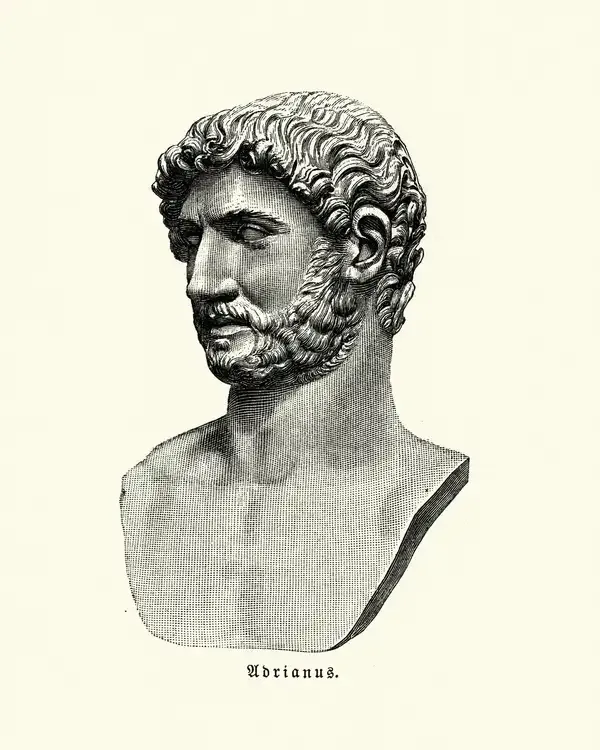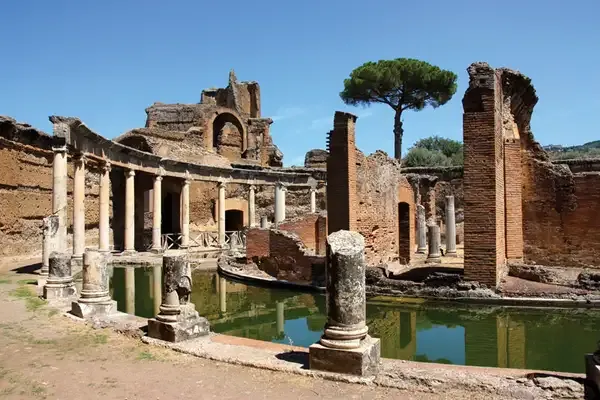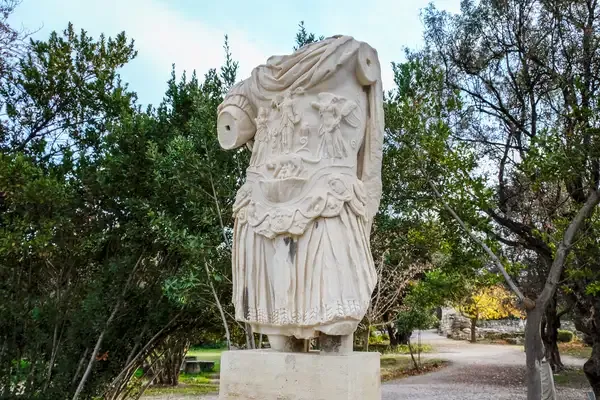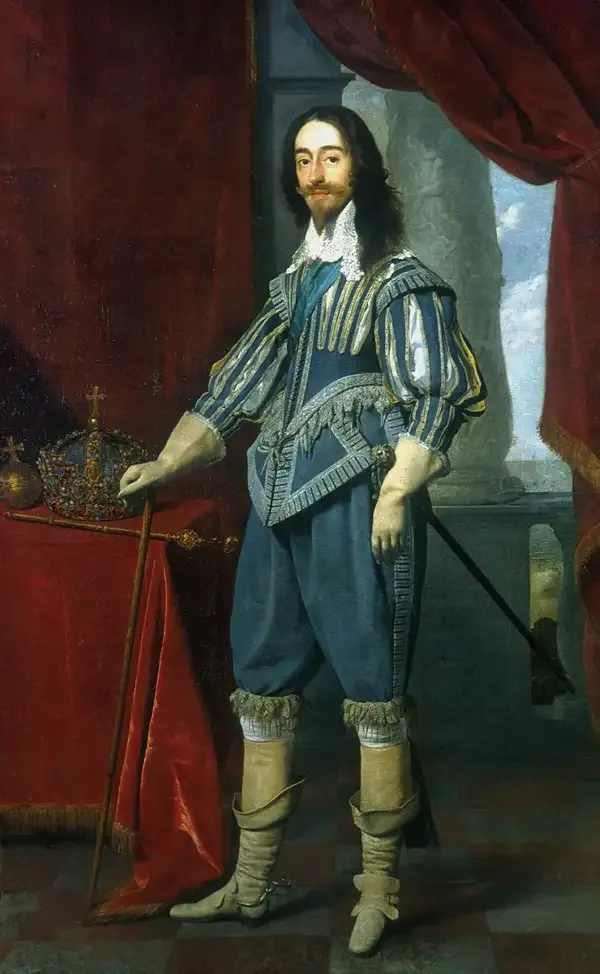9 Infamous Assassins and the World Leaders They Dispatched
This article delves into the lives of nine notorious assassins who altered the course of history by targeting world leaders. It explores the motives, methods, and backgrounds of these individuals who executed leaders, leaving indelible marks on global affairs. The narrative provides insight into how these assassinations impacted political landscapes and shaped public perception. From political motivations to personal vendettas, each story highlights the complex interplay of power, ambition, and the human psyche.
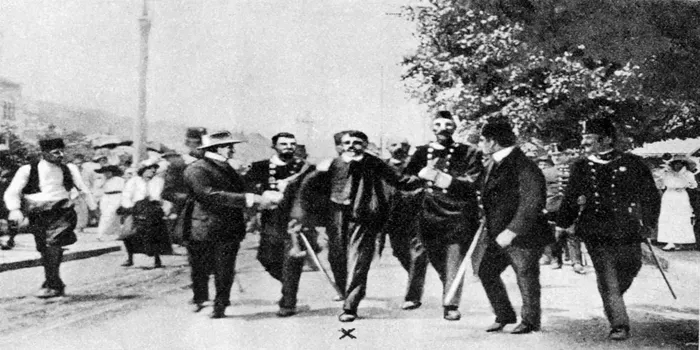
1. John Wilkes Booth
Perhaps one of the most infamous assassins in American history, John Wilkes Booth was responsible for the assassination of President Abraham Lincoln on April 14, 1865. Booth, a well-known actor and Confederate sympathizer, believed he could revive the Confederacy through this act. His escape led to a massive manhunt, culminating in his death at the hands of Union soldiers.
2. Lee Harvey Oswald
On November 22, 1963, Lee Harvey Oswald shot and killed President John F. Kennedy in Dallas, Texas. Oswald's motives remain a subject of debate, with many conspiracy theories surrounding the assassination. He was arrested shortly after the event but was shot dead by nightclub owner Jack Ruby two days later, preventing any trial from uncovering the full story.
3. Gavrilo Princip
The assassination of Archduke Franz Ferdinand of Austria by Gavrilo Princip on June 28, 1914, is often cited as the spark that ignited World War I. Princip, a member of the nationalist group known as the Black Hand, aimed to liberate South Slavic peoples from Austro-Hungarian rule. His actions had far-reaching consequences, altering the course of history forever.
4. Leon Czolgosz
Leon Czolgosz assassinated President William McKinley on September 6, 1901. Czolgosz, an anarchist, believed that killing McKinley would inspire a revolution against the government. After fatally wounding McKinley, he was tried and executed, marking a significant moment in the struggle between anarchism and government authority in the United States.
5. Robert F. Kennedy Assassination: Sirhan Sirhan
On June 5, 1968, Sirhan Sirhan shot and killed Senator Robert F. Kennedy, a leading Democratic presidential candidate. Sirhan, a 24-year-old Palestinian, was reportedly motivated by Kennedy's pro-Israel stance. The assassination shocked the nation, further deepening the political divide and impacting the 1968 presidential election.
6. Anwar Sadat Assassination: Khalid Islambouli
Egyptian President Anwar Sadat was assassinated on October 6, 1981, during a military parade in Cairo. Khalid Islambouli, a member of the Egyptian Islamic Jihad, was one of the key figures behind this act, motivated by Sadat's peace treaty with Israel. The assassination highlighted the tensions in Egyptian society and the growing influence of radical Islamic groups.
7. Indira Gandhi Assassination: Satwant Singh and Beant Singh
Indian Prime Minister Indira Gandhi was assassinated on October 31, 1984, by her own bodyguards, Satwant Singh and Beant Singh. This act was motivated by Gandhi's decision to launch Operation Blue Star, aimed at removing Sikh militants from the Golden Temple. Her assassination led to widespread anti-Sikh riots, resulting in thousands of deaths.
8. Yitzhak Rabin Assassination: Yigal Amir
On November 4, 1995, Israeli Prime Minister Yitzhak Rabin was assassinated by Yigal Amir, a right-wing extremist opposed to the peace process with the Palestinians. Amir believed that Rabin's policies would jeopardize Israel's security. The assassination shocked the world and led to a significant shift in Israeli politics, as well as heightened tensions in the region.
9. Oscar Romero Assassination: Roberto D'Aubuisson
Archbishop Oscar Romero was assassinated on March 24, 1980, while celebrating mass in El Salvador. His outspoken criticism of the government and advocacy for the poor had made him a target. Roberto D'Aubuisson, a right-wing death squad leader, was implicated in the assassination, which drew international condemnation and highlighted the brutal realities of the Salvadoran Civil War.
| Assassin | Victim | Date | Motivation |
|---|---|---|---|
| John Wilkes Booth | Abraham Lincoln | April 14, 1865 | Confederate sympathies |
| Lee Harvey Oswald | John F. Kennedy | November 22, 1963 | Political motives |
| Gavrilo Princip | Franz Ferdinand | June 28, 1914 | Nationalism |
| Leon Czolgosz | William McKinley | September 6, 1901 | Anarchism |
| Sirhan Sirhan | Robert F. Kennedy | June 5, 1968 | Political beliefs |
| Khalid Islambouli | Anwar Sadat | October 6, 1981 | Islamic radicalism |
| Satwant Singh and Beant Singh | Indira Gandhi | October 31, 1984 | Sikh militancy |
| Yigal Amir | Yitzhak Rabin | November 4, 1995 | Political opposition |
| Roberto D'Aubuisson | Oscar Romero | March 24, 1980 | Political and social activism |
These infamous assassins left indelible marks on history, shaping the political landscapes of their nations and beyond. Each act of violence not only led to the death of a leader but also ignited movements, revolutions, and, in some cases, wars. Understanding the motives and consequences of these assassinations helps us grasp the complexities of political power and the lengths individuals will go to achieve their goals.


